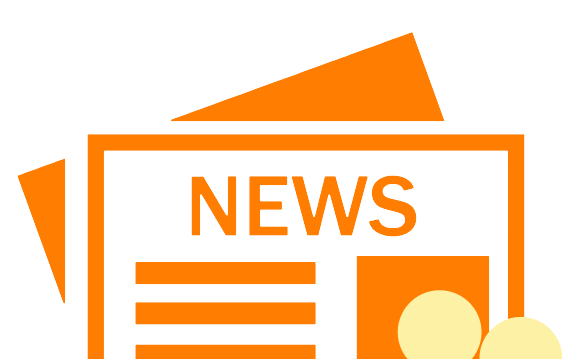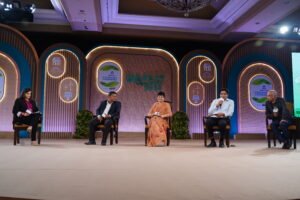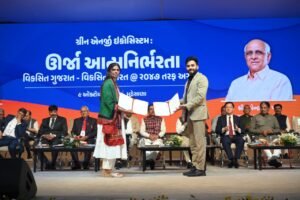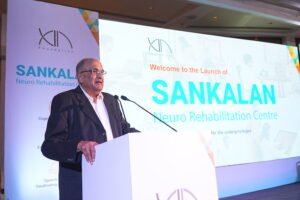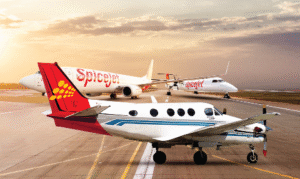Greater Noida (Health Desk): Landmark moment for global healthcare and traditional systems of medicine, the World Health Organization (WHO) has released its first-ever technical brief titled “Mapping the Application of Artificial Intelligence in Traditional Medicine.” The document prominently features India’s groundbreaking efforts to integrate Artificial Intelligence (AI) with its traditional medicine systems under the Ayush sector. This global recognition comes after India’s significant proposal on the topic, leading to the development of WHO’s roadmap for AI application in traditional medicine.
The brief acknowledges India as the first country to create a Traditional Knowledge Digital Library (TKDL), setting a global standard for the digital preservation and scientific validation of traditional medical knowledge. It also highlights India’s $43.4 billion Ayush market, underlining its economic strength and international relevance in the healthcare sector. This milestone reflects Prime Minister Narendra Modi’s digital vision of “AI for All,” which aims to harness the power of artificial intelligence for inclusive development and societal growth. Speaking at the Global Partnership on Artificial Intelligence (GPAI) Summit in 2023, PM Modi emphasized the need to leverage AI for social good and healthcare innovation.
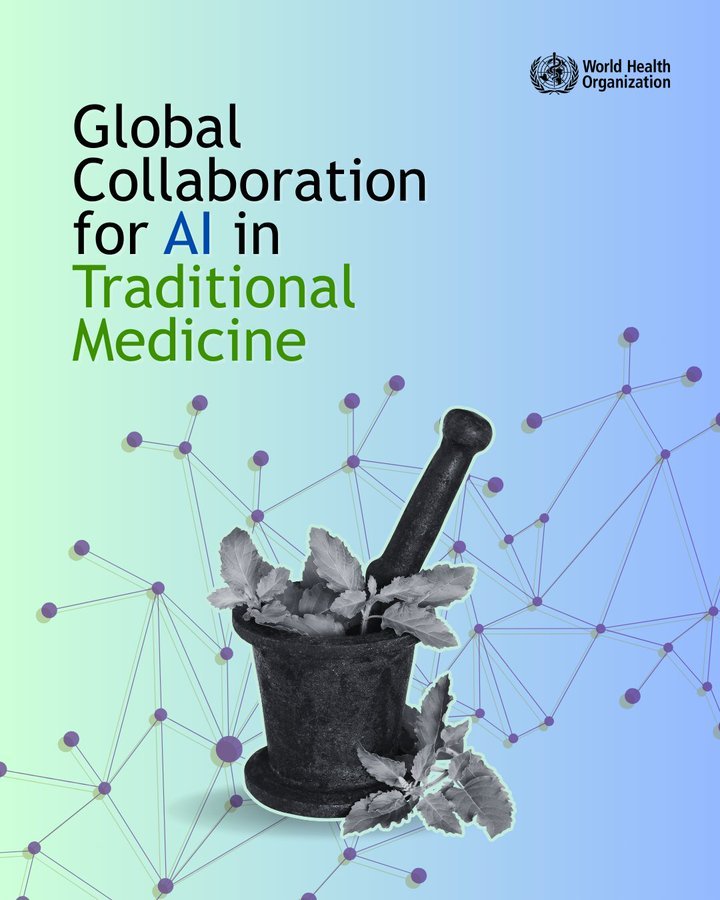
Union Minister of State (Independent Charge) for Ayush and Minister of State for Health & Family Welfare, Shri Prataprao Jadhav, stated that India’s AI-driven Ayush initiatives reflect the deep commitment of its scientists and researchers to advancing traditional medicine with modern tools. He said the global recognition by WHO aligns perfectly with the Prime Minister’s call to embrace emerging technologies for expanding the global relevance of India’s traditional medical systems. Shri Jadhav pointed to digital platforms such as the SAHI portal, NAMASTE portal, and the Ayush Research Portal as leading examples of how India is using AI to build a personalized, evidence-based, and accessible healthcare ecosystem.
Vaidya Rajesh Kotecha, Secretary of the Ministry of Ayush, also emphasized the importance of the Ayush Grid, launched in 2018, as the foundation for these digital transformations. He highlighted several AI-driven innovations, such as predictive diagnostics based on Ayurvedic principles like Prakriti, and the Ayurgenomics project, which merges Ayurveda with genomics to predict diseases and recommend personalized treatments. These initiatives not only preserve India’s ancient knowledge systems but also enable their global integration through scientific validation and digital tools.
Artificial intelligence (AI) is ushering in a new era for traditional medicine, transforming everything from personalized Ayurvedic diagnostics to AI-powered herbal drug discovery.
Explore how frontier tech is preserving and enhancing centuries-old healing systems… pic.twitter.com/waavMFxZVU
— World Health Organization (WHO) (@WHO) July 11, 2025
The WHO document also showcases how India’s traditional diagnostic methods such as pulse reading, tongue examination, and constitutional analysis are being enhanced through AI algorithms and deep learning models. These technologies are improving diagnostic accuracy and supporting preventive healthcare practices tailored to individual needs. One of the most notable achievements mentioned in the brief is Ayurgenomics, which uses AI to decode disease patterns based on Ayurvedic constitution types and genetic markers. WHO further commended India’s work in decoding the molecular makeup of herbal formulations for modern therapeutic use, a key step in integrating traditional remedies with contemporary science.
India’s efforts to digitize its traditional medical heritage through AI-driven tools for cataloging ancient texts and conducting semantic analysis were also praised. These initiatives make centuries-old wisdom more accessible to researchers and practitioners around the world. WHO also highlighted India’s advancements in drug action pathway identification, comparative cross-system research between Ayurveda, Traditional Chinese Medicine, and Unani, and the development of chemical sensors for assessing traditional parameters like Rasa, Guna, and Virya.
Beyond technological innovations, the WHO brief also acknowledged India’s success in building digital literacy among Ayush practitioners, promoting online consultations, and creating interoperable systems that connect traditional medicine with mainstream healthcare frameworks. These advancements not only enhance the accessibility of traditional medicine but also contribute to a more inclusive and digitally empowered health ecosystem.
The Ministry of Ayush welcomed the WHO recognition as a significant validation of India’s leadership in modernizing and globalizing its traditional medicine systems. This acknowledgment reaffirms the country’s commitment to scientific innovation, digital health transformation, and international collaboration under WHO’s global framework for traditional medicine and artificial intelligence.
